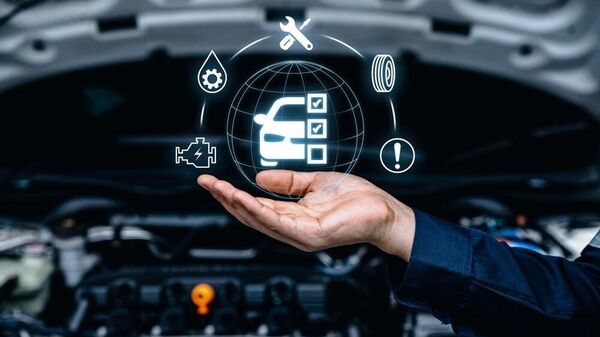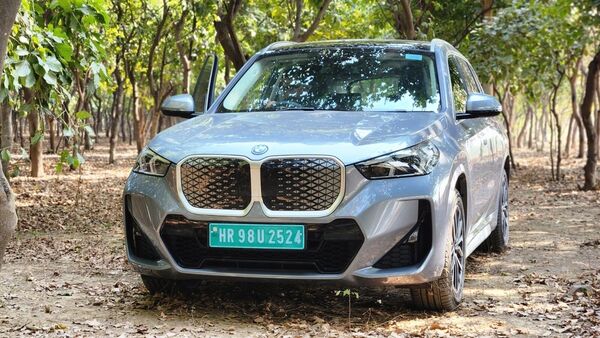
Regular Insurance, Comprehensive, or NCB: What spare parts are actually covered?
4 months ago | 5 Views
When it comes to car insurance, most vehicle owners focus on broad categories such as comprehensive and third-party cover without looking at the fine details. These details become important when determining what exactly is covered, especially when it comes to spare parts or accessories. Comprehensive cover does afford significant protection against accidents, theft, or natural disasters but doesn't always come as far as covering essential components, such as engine parts, tyres, or even consumables. To fulfil the gaps, the additional add-on covers are required that would cover probable unforeseen costs against critical components.
Spare parts like tires, car keys, and high-end accessories can be quite expensive and need to be known how your insurance policy covers them. In addition, add-ons such as zero-depreciation, engine protection, and consumables cover offer personalised solutions beyond standard policies. This article discusses types of insurance coverage, their limitations, and the importance of selecting add-ons to protect parts of a car as well as peace of mind.
Comprehensive vs Third-Party insurance
The most widely purchased policy is comprehensive car insurance, which not only has third-party liability but also provides coverage for the damages to your vehicle by accident, thefts, fire, or any natural cause. But it doesn't cover wear and tear or mechanical breakdown, leaving gaps in spare part coverage.
Meanwhile, mandatory under Indian law, third party insurance protects damages caused to another person's vehicle or property and personal injuries caused during an accident. However, it doesn't cover any damages to your car or the parts of your car.
What’s covered and what’s not?
Engine parts are usually covered if damaged from accidents but not from wear and tear or mechanical failure. Meanwhile, basic electronics are covered as in standard electronics systems but specific high-powered systems will probably be listed as separate coverage. Similarly, windshield and windows are considered covered if damaged, whether from accident or vandalism. Tyres are covered only if damaged from an accident while others like wear, tear, and punctures are excluded for ordinary policies.
Some of the most common exclusions in car insurance include wear and tear because of ordinary usage as these form a part of maintenance routines. Additionally, mechanical breakdowns not resulting from an accident are normally excluded and the costs to repair would be borne by the owner of the automobile. Moreover, any damage caused by driving under the influence of alcohol or drugs would not be covered since these conditions violate the stipulations of most insurance cover.
Add-On Covers for spare parts protection
Comprehensive insurance does not necessarily cover the spare parts of a vehicle. To address these, one can opt for add-on covers.
Engine Add-On Cover
The engine, being the heart of your car, requires special care. Comprehensive insurance covers engine damage only in accidents. With an engine add-on, expenses related to repairs or replacements caused by waterlogging, leakage, or damage beyond accidents are included.
Tyre Add-On Cover
Frequent travel on roads can cause cuts, bursts, or punctures in tires. Peace of mind is guaranteed by the tire add-on, which covers the cost of replacement or repair.
Zero Depreciation Add-On Cover
With bumper-to-bumper insurance, you are guaranteed to get the entire cost of repairing any damaged parts, depreciation excluded. It is best suited for brand-new vehicles or those younger than five.
Key Replacement Cover
Replacing a modern car key is costly. The cost of misplaced or broken keys, including remote and keyless FOBs, is covered under this policy.
Accessories Add-On Cover
Standard insurance does not cover expensive automotive additions like reverse cameras or high-end stereos. These are covered by an accessory cover in the event of theft, mishaps, or natural disasters.
Consumables Add-On
Standard policies often leave consumables like coolants, nuts, bolts, engine oil, and filters unchecked. A consumables add-on guarantees that your coverage includes these essential but perishable items.
Which policy is best for you?
Standard vehicle policies often come with gaps in coverage on spare parts. It is advisable to have comprehensive insurance with essential add-ons like zero depreciation, engine protection or consumables cover if you are after comprehensive protection on your vehicle. Determine your car requirements and modify your policy to avoid paying money you did not anticipate.
Read Also: BYD hits major production milestone, rolls out 10 million cars, including EVs
HOW DID YOU LIKE THIS ARTICLE? CHOOSE YOUR EMOTICON !
#




















